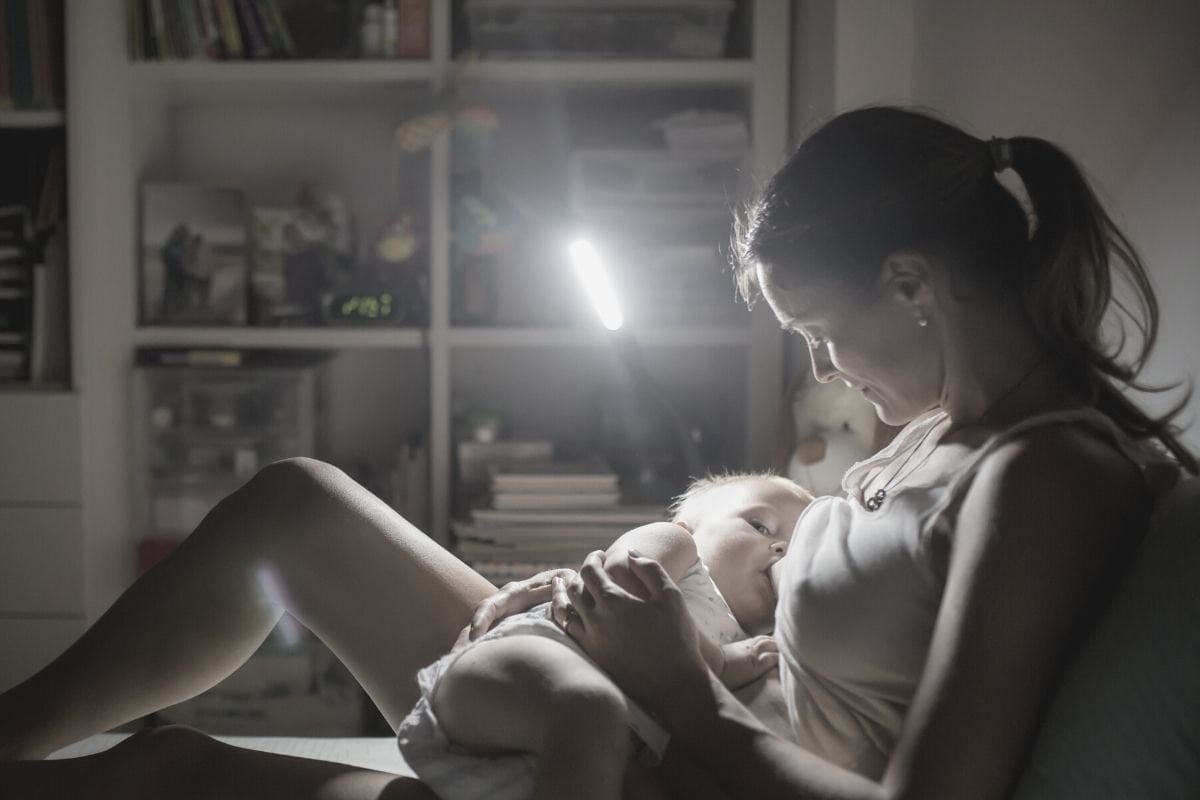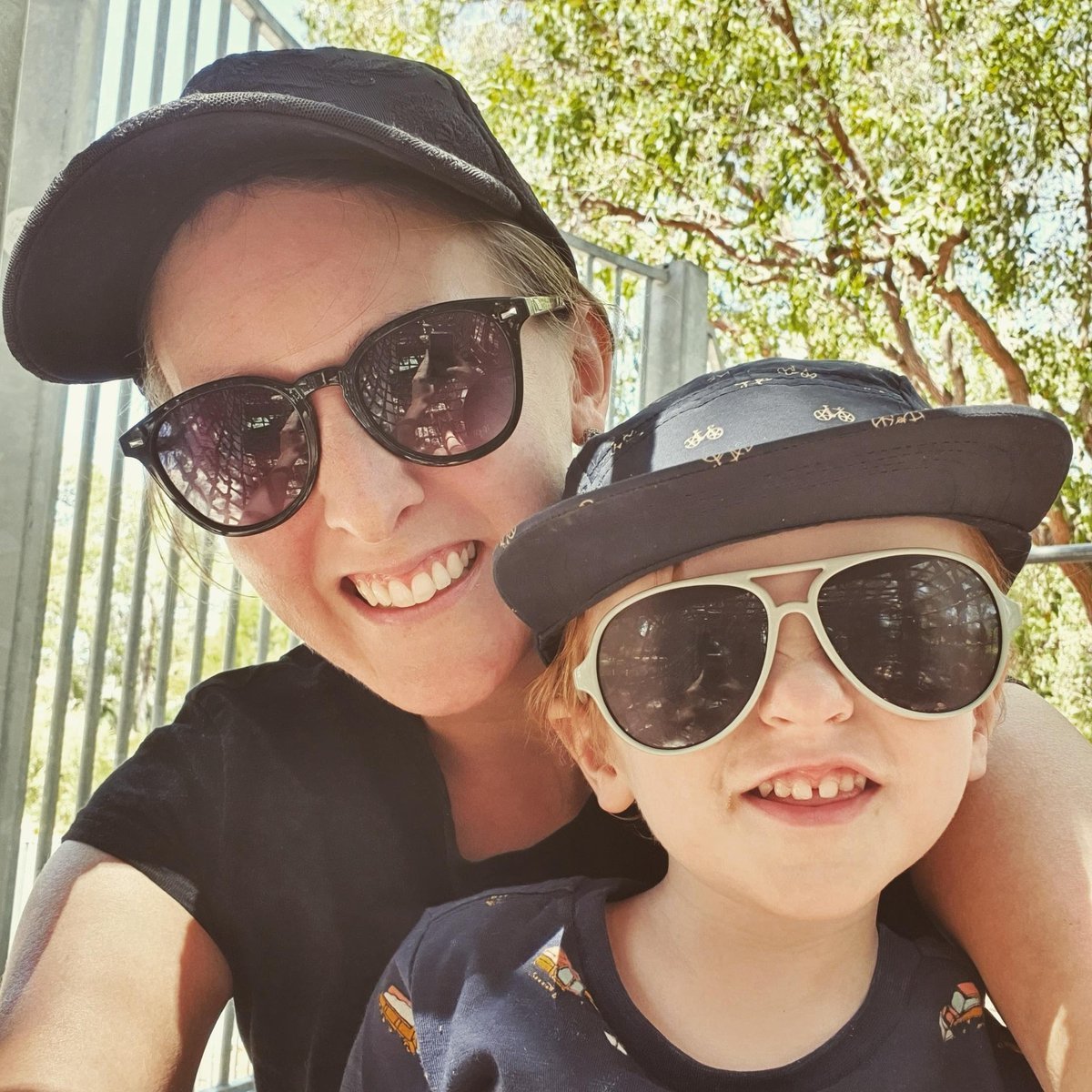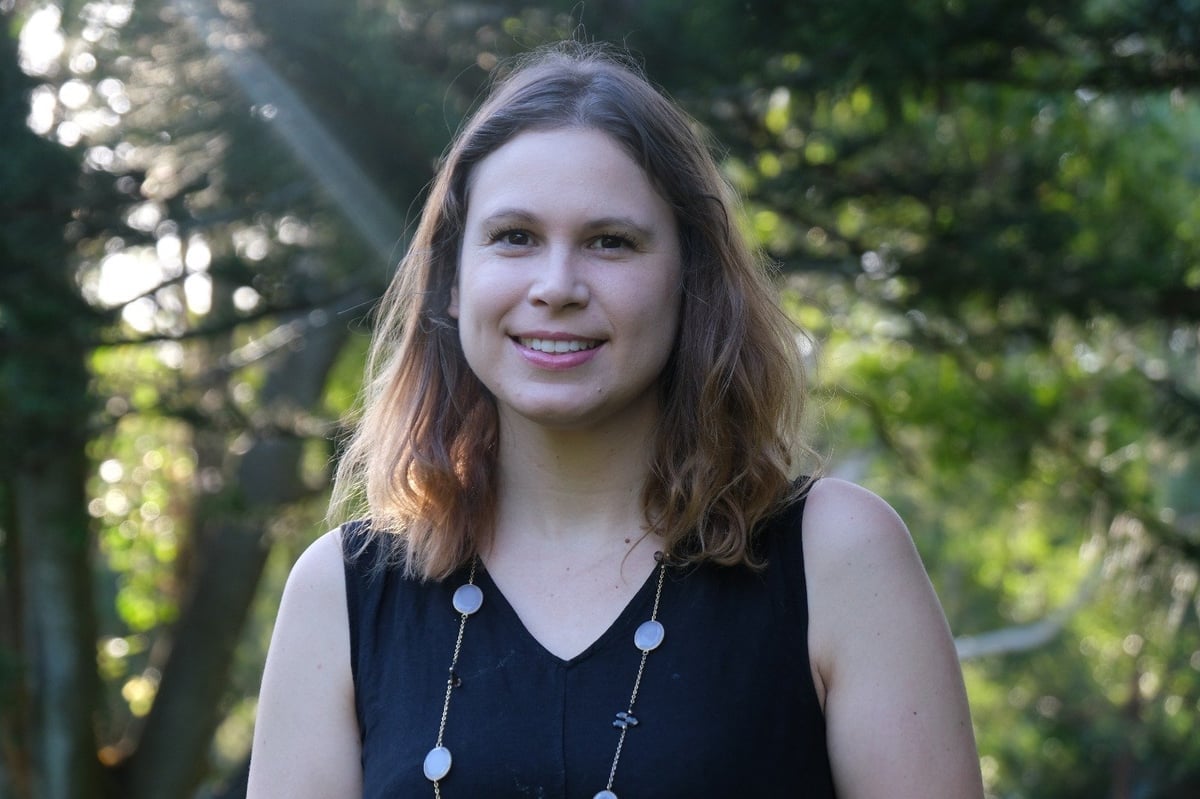
This post discusses postnatal depression and could be triggering for some readers.
For Nathalie Steinmetz, it felt like butterflies.
It started in the last trimester. A constant feeling like she was being called to the principal's office.
She just thought she was overthinking as her due date loomed. It was easy to just put her down to normal symptoms of pregnancy.
But postpartum, they intensified. She would find herself looking down at her sleeping baby feeling like her body was demanding she run away from the tiger chasing them.
Nathalie had been warned about postnatal depression, but she wasn't feeling flat, sad or blue. No one had mentioned postnatal anxiety, so she was blindsided when her GP told her, 'oh yes, anxiety is part of postnatal depression.'
On the other end of the spectrum, there's Beck. Her postpartum reality felt like a stream of scary images constantly filling up her mind. Her mania and psychosis saw her spend three months in hospital.
"I feared I would be sexually assaulted. I believed men would attack me. I thought my husband was having an affair. I physically tried to hurt him when he visited daily with our newborn baby. I threatened innocent nurses. I walked lonely corridors at night picking up books, colouring in, looking out windows and through cracks in doors trying to find things that weren't even there or real in the first place," she told Mamamia.




Top Comments